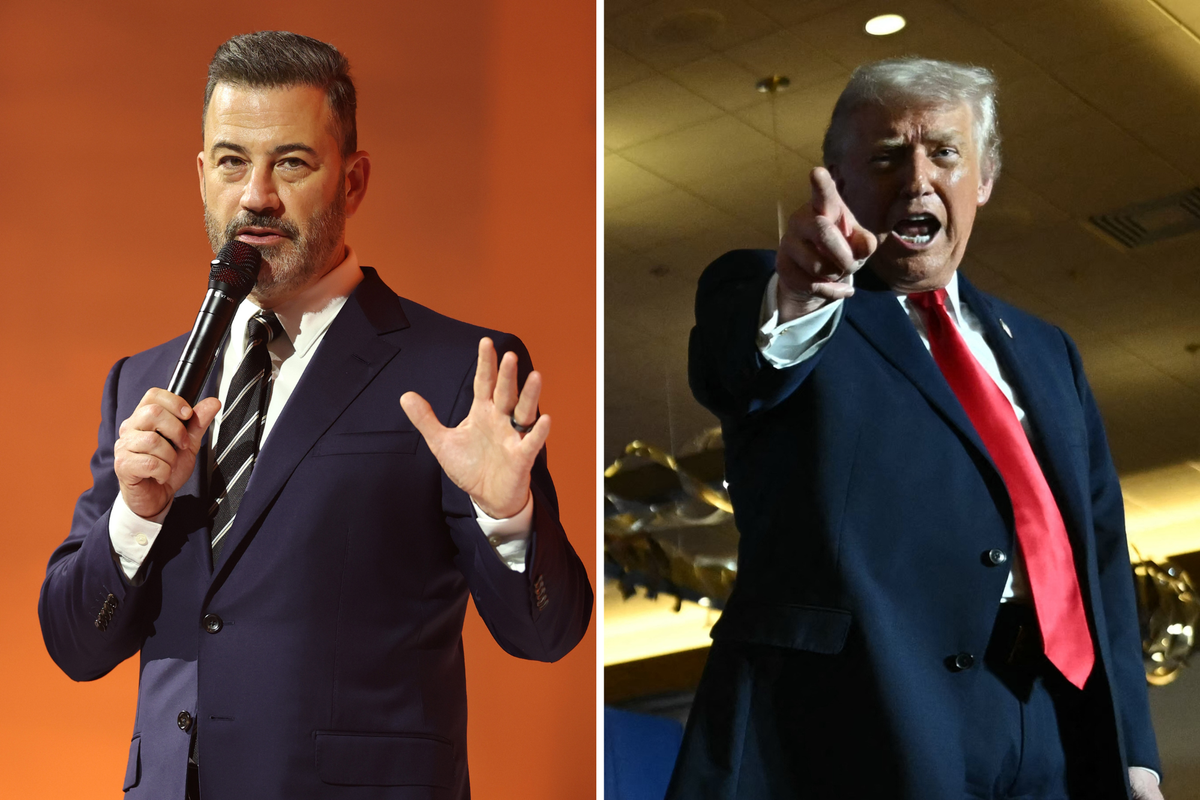News
Evan Bartlett
Aug 04, 2015
Barack Obama unveiled what he called "the biggest, most important step we have ever taken" in tackling climate change this week.
The US president's Clean Power Plan aims to cut carbon emissions by 32 per cent by 2030 compared with 2005 levels and increase the use of renewables.
In the face of vehement opposition from the Republican Party and coal industry alike, Obama has been hailed for his leadership, particularly as his latest move comes months after persuading China - the world's biggest polluter - to agree to a "historic" deal of emissions cuts.
Meanwhile, the British government under the guidance of David Cameron has gone, as Ed Miliband put it in 2013, from "hug a husky to gas a badger".
While Cameron still speaks a good game, warning that an "ambitious global deal" is needed at the Paris climate talks in November, his "greenest government ever" spiel is starting to wear so thin as to be transparent.
After his husky-hugging antics in Norway in 2006, the Conservative Party launched a new green tree logo, as Cameron - the then-leader of the opposition - promised the electorate "vote blue, go green".
But the ditching of that green logo (supposedly in a bid to reassure backbenchers that the party's "identity" wasn't being lost) merely a year after it was unveiled was just the start of the Conservatives' climate flip-flopping.
"Nowhere are long-term decisions more needed than in the fields of energy, climate change and environment," the prime minister opined in 2010, before allegedly going on to urge aides to "get rid of the green crap" and allowing his chancellor to say he wanted to provide Britain with the cheapest energy possible under the Coalition.
Then, in her first speech as the new energy secretary last month, Amber Rudd was accused of "undoing 10 years' worth of low carbon policies" as she scrapped the government's flagship Green Deal home energy efficiency programme.
That added to further moves since May's general election which have included scrapping subsidies for onshore wind and commercial solar energy, scrapping incentives to buy low carbon vehicles, plans to sell off the Green Investment Bank and allowing farmers to ignore a Europe-wide ban on pesticides that have been linked to the decline in bee population.
The fact that Obama's efforts are still deemed not quite strong enough by some critics shows just how far Britain still has to come.
As the i paper's editor Oliver Duff wrote on Tuesday: "The next five months will shape our planet's future." Let's hope Mr Cameron was reading.
More: All the ways in which this is not the 'greenest government ever'
Top 100
The Conversation (0)













